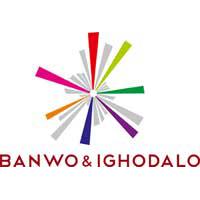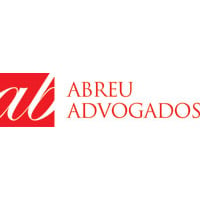

Managing partner and founder | Lazareff Le Bars






Benoît Le Bars
Managing partner and founder | Lazareff Le Bars
Number of years practice: 23
Principal practice areas: Arbitrations, alternative dispute resolution, international contracts, international corporation and structuring
Languages spoken: English and Spanish
What is the geographical focus of your practice in Africa?
Pan-African practice.
Please describe the most important matters you have worked on in the African market in the last two years, including your role and the significance of the matter (if any) to the development of business and law.
We are proud of the precedent setting decisions we have obtained relating to merits and enforcement. For example, we were recently involved in an UNCITRAL proceeding under the OIC Investment Agreement and in which we obtained a relevant precedent concerning the constitution of the tribunal when the opposing party failed to engage.
This decision was the first proceeding under the OIC investment agreement in which the PCA designated an appointing authority upon the failure of the secretary general of the OIC to designate an arbitrator on behalf of the State. By successfully securing the intervention of the PCA, we prevented the proceedings from being blocked at the early stage of the constitution of the tribunal, as has been the case with other proceedings where the OIC secretary general has similarly failed to discharge his function as appointing authority. This is a substantial milestone for the evolution of arbitration in the region.
In parallel our work to support decision making by the attorney general for main international cases in Senegal, Lazareff Le Bars is acting as legal counsel for the Senegalese electricity company in ICC arbitration proceedings arising out of an alleged breach of a Power Purchase Agreement, the value of this matter is US$300m.
What differentiates your practice from that of other private practice lawyers?
Our practice is known for being settlement oriented and for our capacity to work under strict confidentiality in difficult environments. Lazareff Le Bars’ arbitration practice has distinguished itself in large and complex arbitrations, mainly involving state entities in emerging markets. The team has also been entrusted with negotiations in very complex environments, high-risk political situations, conflicts, and very confidential projects. Our expertise covers major industries, including energy, media, telecommunications, oil and gas, mining, construction and structured financing. Arbitration experience is extensive in investor state treaty disputes and commercial investment disputes deliberated in both ad hoc and institutional arbitration forii.
Why has Africa been a particularly strong focus for you?
For family reasons I have always been very close to Africa (my grandfather was the last administrator in Tunisia, for example). After finishing my PhD it came naturally to me to start first analysing the evolution of the rule of law in western Africa and then practicing on the ground on the continent, in both contract projects and arbitration.
What changes have you seen in the appetite for Africa-based ventures and investments over the last five years?
Within the last five years, the balance has totally changed in Africa. As Africa emerged in a dependency relationship with the rest of the world, it is now a continent that is proving to be a land of opportunity. Traditional investors such as England, Germany, France or the United States are no longer simply present, but most of the Asian countries are also active. Distance is no longer a frontier with regard to the stakes and the volume of projects that are now taking place in Africa.
Are there any aspects of the African legal market that you would like to see change?
The legal market in Africa is still lacking transparency. This situation is not linked to a desire for opacity but rather to a legal practice still traditional in some countries that does not allow to know professionals without being regularly on the ground. Access to legal news has yet to be brokered because most court decisions are not yet available electronically, as well as many texts or legal provisions. Add to this, in some countries, difficulties of access to electricity or internet networks in a stable manner, which sometimes complicate the exchange of information between professionals.
What megatrends do you think will shape the African market over the coming five years? How (if at all) will these trends affect your practice?
Africa is a totally disruptive market. The continent jumped from very low technology to the 21st century when facing at the same time a massive growth of population and need for education and protection of environment and resources. As counsel, we have to think of a very agile, competitive way of working and listening to new industry opportunities, such as circular savings systems or traditional business and technology mixes. The impact on the populations and the pollution are also very sensitive and massive projects cannot be carried out without being attentive to these issues.